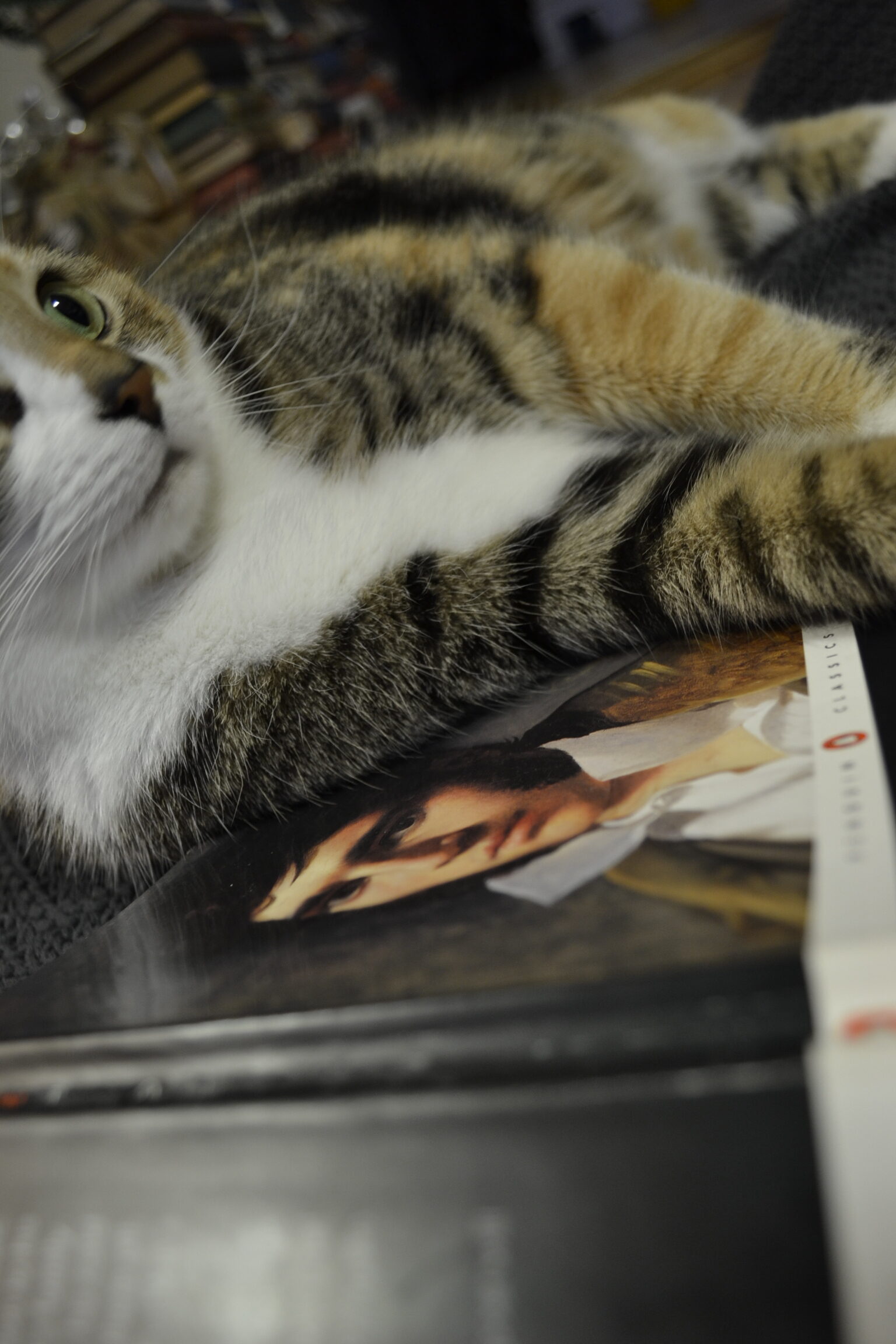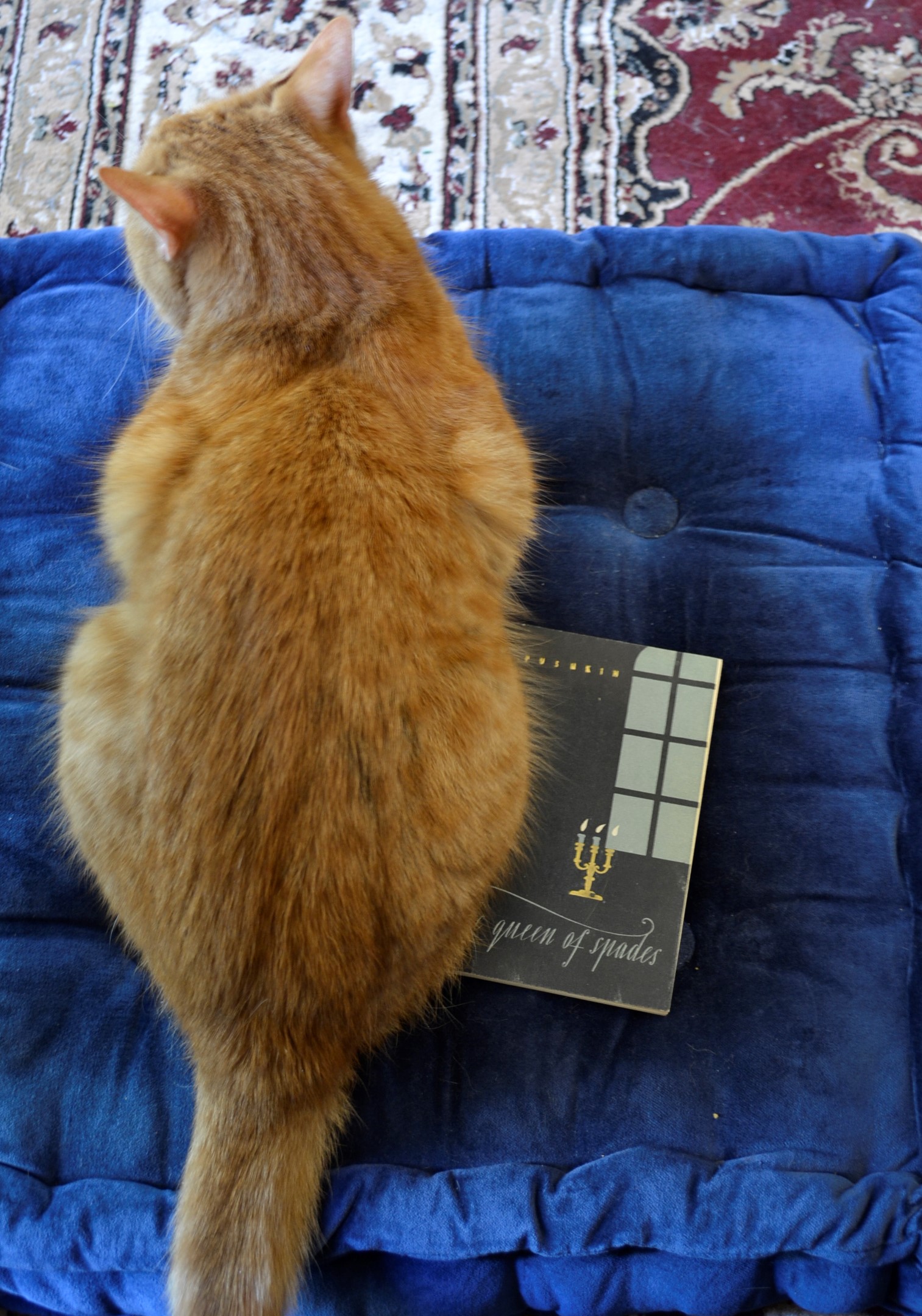Eugene Onegin
Live-streamed opera is where we first saw Tchaikovsky’s Eugene Onegin, which is based on the Pushkin novel. Even though we weren’t provided with subtitles to the Met’s production from 2007, the imagery and the music were capable of conveying the story in and of themselves. Whenever I see fall leaves in piles on the ground, I’m reminded of the set design. This is a review of Pushkin’s Eugene Onegin.

